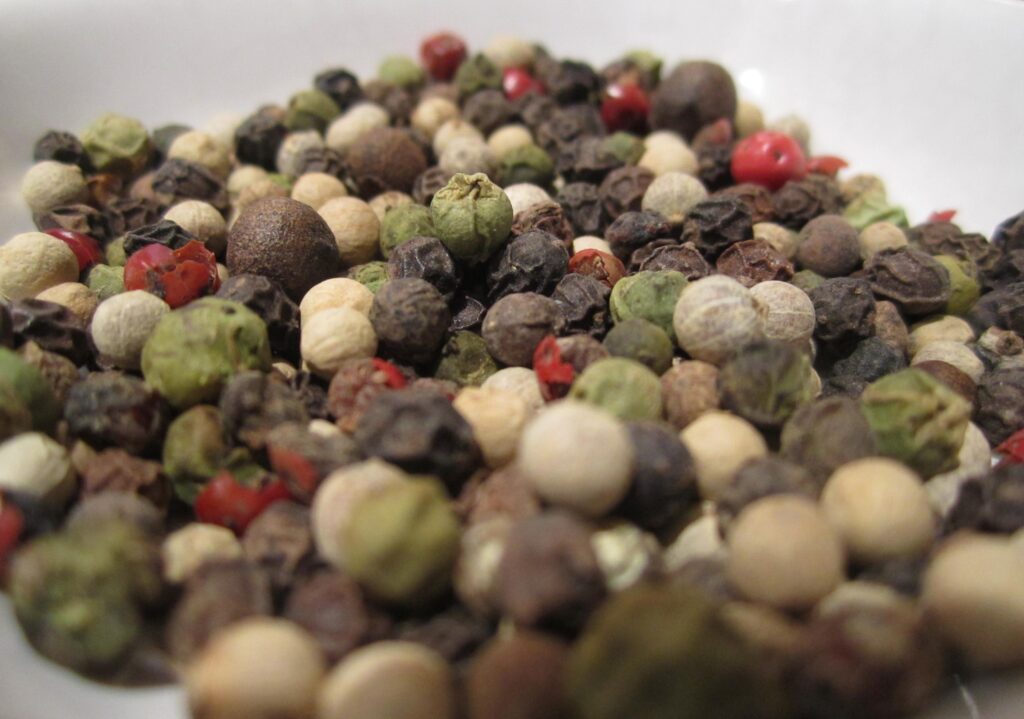In recent years, consumer preferences have undergone a profound shift towards organic and Fair Trade certified products, including spices. This transformation reflects a growing global consciousness about sustainability, ethical sourcing, and the quality of agricultural products. Organic spices are cultivated without synthetic pesticides, herbicides, or genetically modified organisms GMOs. This approach not only preserves soil health but also reduces the potential for harmful chemical residues in the final product. For consumers, choosing organic spices aligns with a desire for healthier eating options and contributes to environmental conservation by supporting sustainable farming practices. Fair Trade certification goes beyond environmental considerations to focus on social equity in agricultural communities. It ensures that farmers receive fair prices for their crops, promoting better working conditions and empowering marginalized producers. In the spice industry, Fair Trade practices help small-scale farmer’s access global markets under equitable terms, fostering economic stability and community development.

The demand for organic and Fair Trade spices has surged due to heightened awareness of these issues among consumers. People are increasingly willing to pay a premium for products that align with their values of fairness and environmental stewardship. This shift is not merely a trend but a reflection of deeper societal changes towards sustainable consumption and ethical business practices. From cinnamon and turmeric to cardamom and cumin, organic and Fair Trade certifications are becoming more common across a variety of spices. This trend is reshaping supply chains and encouraging spice producers to adopt more transparent sourcing practices. Companies that embrace these certifications often differentiate themselves in the market, appealing to a conscientious consumer base that prioritizes ethical considerations alongside product quality. In response to consumer demand, retailers and manufacturers are expanding their offerings of organic and Fair Trade spices. This expansion includes both conventional grocery stores and specialty shops catering to health-conscious and environmentally aware consumers. Online platforms have also facilitated access to these products, connecting consumers directly with producers and providing detailed information about sourcing practices and certifications.
The impact of this consumer-driven shift extends beyond individual purchasing decisions. It influences industry standards, encouraging more Rota das Índias spice producers to adopt sustainable and ethical practices throughout their operations. As demand grows, more farmers are incentivized to transition to organic farming methods and pursue Fair Trade certification, thereby promoting sustainable agriculture on a broader scale. Challenges remain, however, particularly in ensuring the authenticity and integrity of organic and Fair Trade claims. Certification processes require rigorous verification to maintain credibility and trust among consumers. Additionally, achieving and maintaining certification can be financially burdensome for small-scale farmers, highlighting the need for continued support and investment in sustainable agriculture initiatives. Looking ahead, the trajectory of organic and Fair Trade spices appears promising yet complex. As consumer awareness deepens and regulatory frameworks evolve, the spice industry is poised to play a pivotal role in global efforts towards sustainability and social responsibility.
